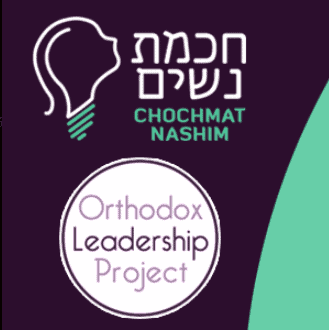On vacation, one of our time-tested ways to get the children to unwind before bed is to work on a trip journal. Nothing fancy, just a title and a drawing or two, and an opportunity to review the highlights of the day.
Now, the children have their own ideas of what to highlight, and a taste for drama. So a sample entry on a gorgeous day hiking in the Golan Heights is as likely to illustrate a dingy pizza shop closing before we got there as stunning wildflowers or Edenic natural springs.
Which brings us to this week’s parasha, Masai, which opens with nearly 50 verses of “And they [the Children of Israel] traveled to place-X and they encamped at place-Y.” The Torah tells us that “Moses wrote their goings out by their travels in accordance with God [al pi Hashem]” (Numbers 33:2).
What is God’s purpose in having Moses record the segments of the journey? Why aren’t the narratives in Exodus and Numbers enough?
